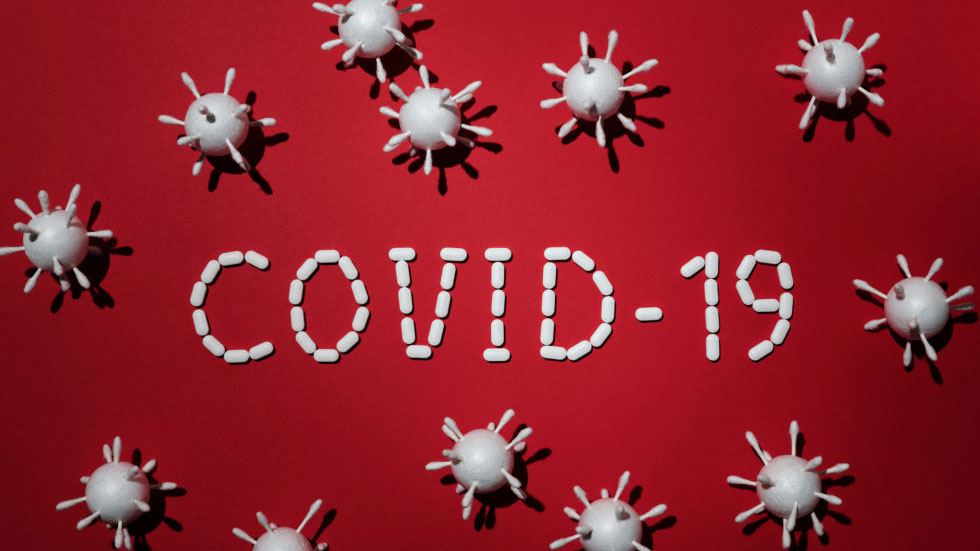
- By: Editorial team
- Date: Aug 7, 2020
- Tag: COVID-19, News
Keep Things Clean
The Novel SARs-coV Coronavirus or COVID-19 for short is unlike anything we have ever seen before. This virus has infiltrated nearly every country, affecting hundreds of thousands of people, with numbers increasing with each passing second.
A highly-contagious, potentially lethal virus, Covid-19 has shut down entire countries, cities, and burdened healthcare systems beyond their maximum capacity. The virus originated in Wuhan’s wet markets, but there is a lot of misinformation related to its cause.
As researchers and doctors race against time, trying to understand the virus in all its complexities, dangers, outcomes, and causes, attempting to develop a vaccine or cure, there are many questions still left unanswered.
As new information emerges almost daily, with the mutations, and changing symptoms, greater complications, nothing can be said of certain. So what then do we know about it?
1. How does the virus spread?
The virus is an airborne disease, which means it spreads through the transmission of vapor. Sneezing and coughing, are some of the activities that release viral vapors and infect the people around you. Inhaling these vapors, or touching your nose, eyes, and mouth without sanitizing and washing your hands, can lead to an infection.
Person-to-person spread is the most common factor contributing to the spread, and while some studies report that the virus can survive on surfaces, it’s not the primary cause of spread.
2. Is the coronavirus fatal?
Given the rapidly mutating nature of the virus, and changing symptoms and statistics, there’s no certainty of how fatal it can be. When this blog was written, the fatality of the virus is only a fraction; however, trends are prone to change as the virus changes and spreads.
Research suggests that people with pre-existing health conditions like diabetes, hypertension, cardiovascular diseases, and other immuno compromising conditions are at the greatest risk of fatality. However, there have been notable fatalities in outliers too.
3. What about the claims to cures?
As a result of readily accessible information on the internet and media, a lot of misinformation about the ‘cure’ to COVID-19 has been going around. As of now, there is no definitive cure, nor is there a vaccine.
While combinations of treatment strategies have helped manage it, there is no fixed solution. Don’t believe what you see or read online, trust only credible sources such as the CDC or WHO, or speak to your healthcare provider.
4. How can I protect myself?
Social distancing, using masks and face coverings and regularly washing your hands are some ways that you can protect yourself from getting infected. Additionally, you should avoid travel and socializing, and leaving the house for non-essential purposes. Anyone can contract the virus from anywhere, so it’s crucial to cover your bases.
5. Can I get care for other medical conditions?
It’s best to avoid non-urgent trips to clinics and hospitals, which can be hot-beds for the virus. Despite efforts to sanitize, restrict patient inflow, and other measures such as suspension of non-essential services and procedures, the risk is not mitigated. Instead, what you can opt for is a telemedicine application to connect with your healthcare provider.
Many doctors have switched to telehealth mediums almost overnight due to COVID-19, and if you’re looking to do the same, reach out to us.
Our telemedicine software allows patients and doctors to remain connected, carrying on routine treatments and checkups without physically being present. Maintain social distance, practice safety, and seek medical care without worry. Get in touch with us today.
